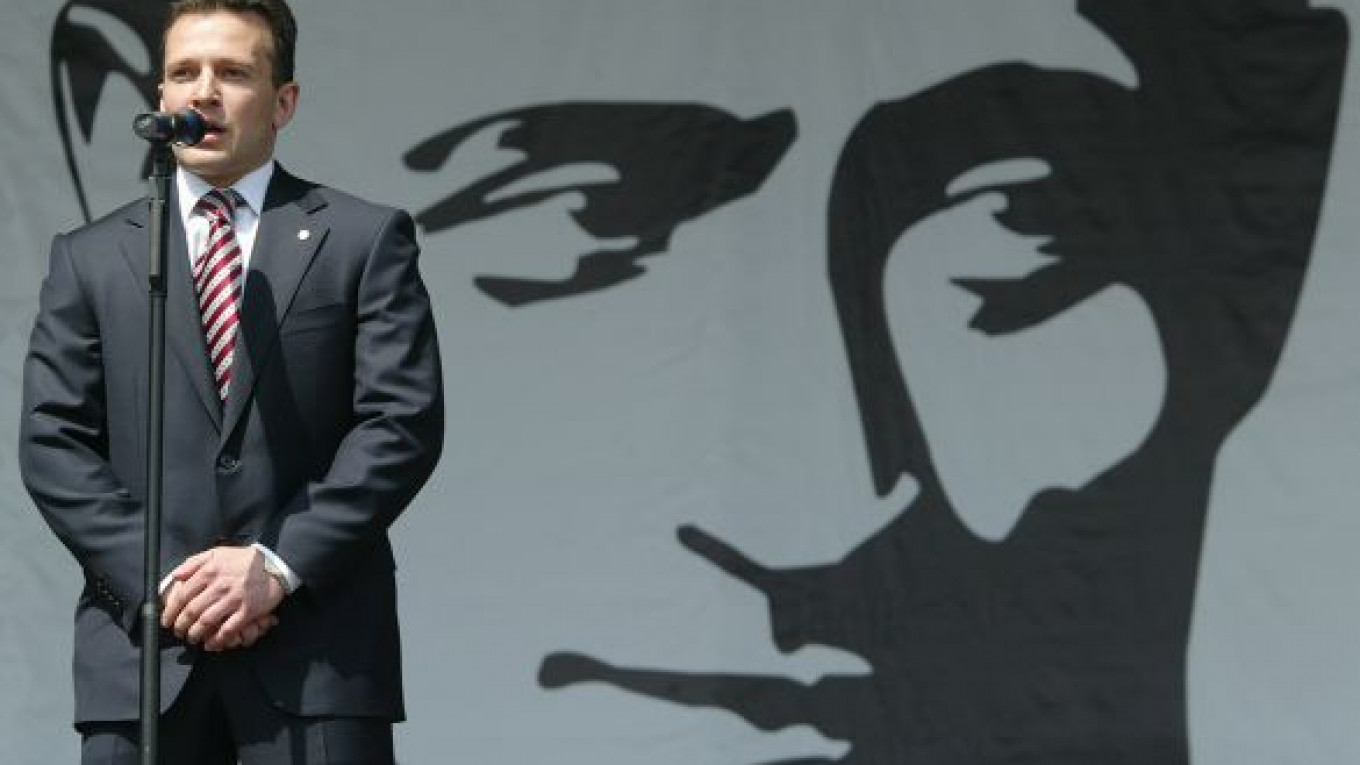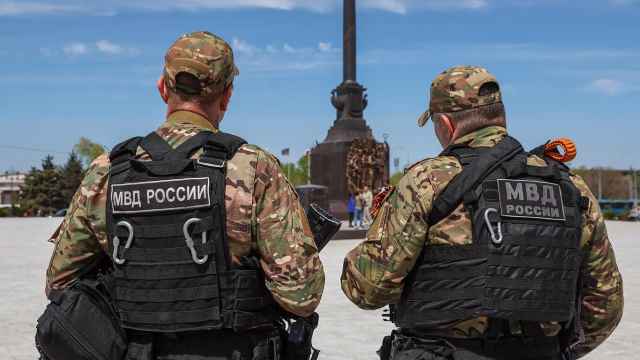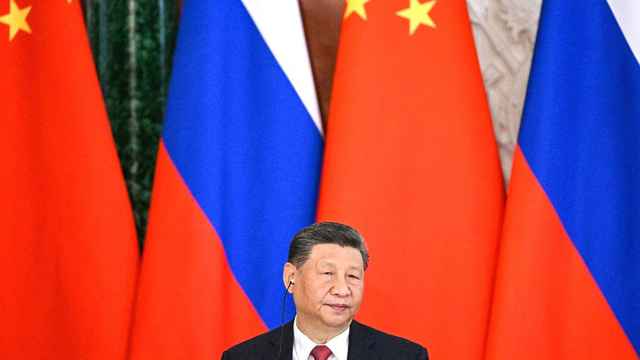The official in charge of Russia's pro-Kremlin youth groups found himself embroiled in scandal Thursday after hackers posted links to what they claimed were thousands of his private e-mail messages.
The e-mails detail lavish spending on youth initiatives and laughable efforts to smear a major opposition leader.
Analysts said the release of Federal Youth Agency chief Vasily Yakemenko's e-mails could signal an impending reshuffle at the agency, whose pro-Kremlin youth groups have suffered from bad publicity and questions about their effectiveness in light of a recent upswing in opposition activism.
Screen shots of the e-mails, which date from November to December 2011, and summaries by bloggers who started downloading them Tuesday via Twitter paint an embarrassing portrait, especially of Yakemenko.
He discusses buying ritzy apartments and electronics and smearing anti-corruption whistleblower Alexei Navalny.
In one e-mail, a subordinate proposes videotaping a Navalny impersonator approaching passersby to ask for money, since the United States, he would say, has cut off funding.
In another, the impersonator would carry the flag of post-Gadhafi Libya and a sign saying, "I want Russia to be a democracy, like Libya."
At one point, however, Yakemenko acknowledges that "our image is not good enough to lock antlers with Navalny." (See for summary of the e-mails.)
The Federal Youth Agency, which Yakemenko has led since 2007, refused to comment on the e-mail exchanges.
Repeated calls to a spokesperson for the pro-Kremlin youth movement Nashi went unanswered Thursday.
The e-mails also contain suggestions that Yakemenko, whose official salary was 1 million rubles ($33,000) per year in 2009 — the latest available figure — was considering buying apartments worth over 30 million rubles and a stereo system worth 1 million rubles.
A YouTube video of socialite Ksenia Sobchak scolding Yakemenko for dining at a swanky Moscow restaurant went viral in October and raised questions about how his agency, which controls Nashi and other pro-Kremlin groups, was spending money allotted for youth policy.
Those questions are unlikely to go away following the leak, which showed Yakemenko's agency allotting large sums to seemingly obscure events and organizations.
Analysts said the leak is authentic and a serious blow to Yakemenko.
Alexei Makarkin, of the Center for Political Technologies, said the leak was part of an internal struggle over the future of the youth movements, which he said have been ineffective in the face of massive opposition protests.
Sergei Markov, of the Institute of Political Studies, agreed that the youth movements are becoming ineffective, but said he was 99 percent sure that the hackers came from outside the government.
"If Putin was unhappy with Yakemenko," Markov said, "he could have just fired him."
In a wide-ranging with Lenta.ru last month, Yakemenko said he wouldn't leave his post until "the political situation stabilized," or until he was instructed to leave.
But an agency source Gazeta.ru that Yakemenko would leave his post after the presidential election, the news portal reported Monday.
A Message from The Moscow Times:
Dear readers,
We are facing unprecedented challenges. Russia's Prosecutor General's Office has designated The Moscow Times as an "undesirable" organization, criminalizing our work and putting our staff at risk of prosecution. This follows our earlier unjust labeling as a "foreign agent."
These actions are direct attempts to silence independent journalism in Russia. The authorities claim our work "discredits the decisions of the Russian leadership." We see things differently: we strive to provide accurate, unbiased reporting on Russia.
We, the journalists of The Moscow Times, refuse to be silenced. But to continue our work, we need your help.
Your support, no matter how small, makes a world of difference. If you can, please support us monthly starting from just $2. It's quick to set up, and every contribution makes a significant impact.
By supporting The Moscow Times, you're defending open, independent journalism in the face of repression. Thank you for standing with us.
Remind me later.






